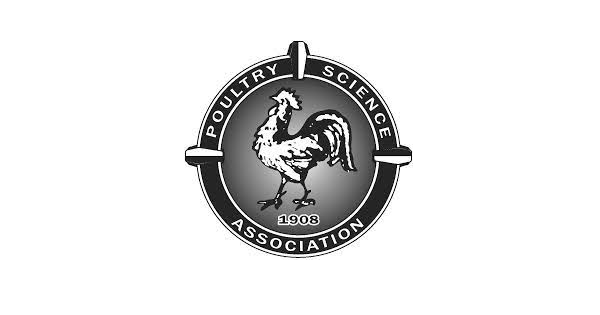

In a growing number of countries, policies have been enacted that regulate housing systems for laying hens, moving away from traditional battery cages to furnished cages or cage-free aviary systems. These newer systems provide more space for hens to express natural behaviors such as scratching, pecking and dustbathing.
Often, environmental enrichments such as litter trays for dustbathing are provided to support these natural behaviors because of direct effects on animal welfare but they may have other biological benefits. The effects of dustbathing environment on the health and immunity of laying hens are not well understood, so a group of researchers with the Northeast Agricultural University in Harbin, China, conducted a study to investigate the effects of dustbathing environment on the intestinal health, gut microbiota and immune responses of mature laying hens individually housed in modified traditional cages with or without access to litter.
Their findings were published in Poultry Science.
For the study, the researchers used 72 healthy Hy-Line Brown laying hens at 69 weeks of age, randomly divided into two groups: one group had free access to litter while the other group was restricted from litter. For the group with dustbathing space, litter comprised of equal proportions of industrial sand and peat was provided in a tray, which was replaced every two days. The experiment lasted 42 days, at which time the intestinal histomorphology and immune status were determined as well as the composition of the intestinal microbiota. All other housing and management practices were similar between the two groups.
According to the researchers, natural sand and peat are rich in microorganisms, and their texture is soft and dry, making these the preferred materials for dustbathing litter.
The researchers determined that, in this study, there were alterations in the morphology of the ileum in the group of hens given access to litter for dustbathing, with an increase in villus height and villus-to-crypt ratio. The improved intestinal morphology in the dustbathing hens suggests an enhancement in the digestive and absorptive capacities of the intestinal tract, which aids in replenishing the nutritional deficits associated with egg production, the researchers suggested.
Within the gut, the mucosal immune system of the intestine plays a key role in defending against the invasion of harmful microorganisms. This study found that dustbathing environment may enhance the ability of the intestinal barrier to resist pathogens by improving the proteins associated with “sealing” the tight junctions between the intercellular gaps along the intestinal lining.
Furthermore, study results suggest that chickens can enhance their immune capacity in the dustbathing environment by regulating the production of cytokines and toll-like receptors, which are messenger molecules in the immune system, thus improving the adaptability of laying hens to their complex environment.
Environmental factors are important for intestinal microbiota assembly, influencing the growth performance, immunity, behavior and cognitive abilities of the host, the researchers explained. They noted that a high richness of microbial flora was found in the chickens provided access to litter, but as the hens in this study were in a later stage of production, the beneficial effects of litter access and dustbathing may have been muted. According to the researchers, the chicken microbiota is more plastic earlier in life and reaches adult equilibrium above 25 weeks of age.
The dustbathing environment may also enhance the diversity of the intestinal microbial community, alter the fermentation products of the microbiota and influence the pH level of the intestine, contributing to the further enhancement of immune function in chickens.
What does this mean for producers?
- Providing environmental enhancements, such as litter for dustbathing, can help promote gut health and gut microbiota richness in hens.
- The dustbathing environment may be an important enrichment tool in the commercial laying hen industry due to its positive effect on gut health.
The full paper, titled “Effects of dustbathing environment on gut microbiota and expression of intestinal barrier and immune-related genes of adult laying hens housed individually in modified traditional cage,” can be found in Poultry Science and online here.
Source: Poultry Science Association







